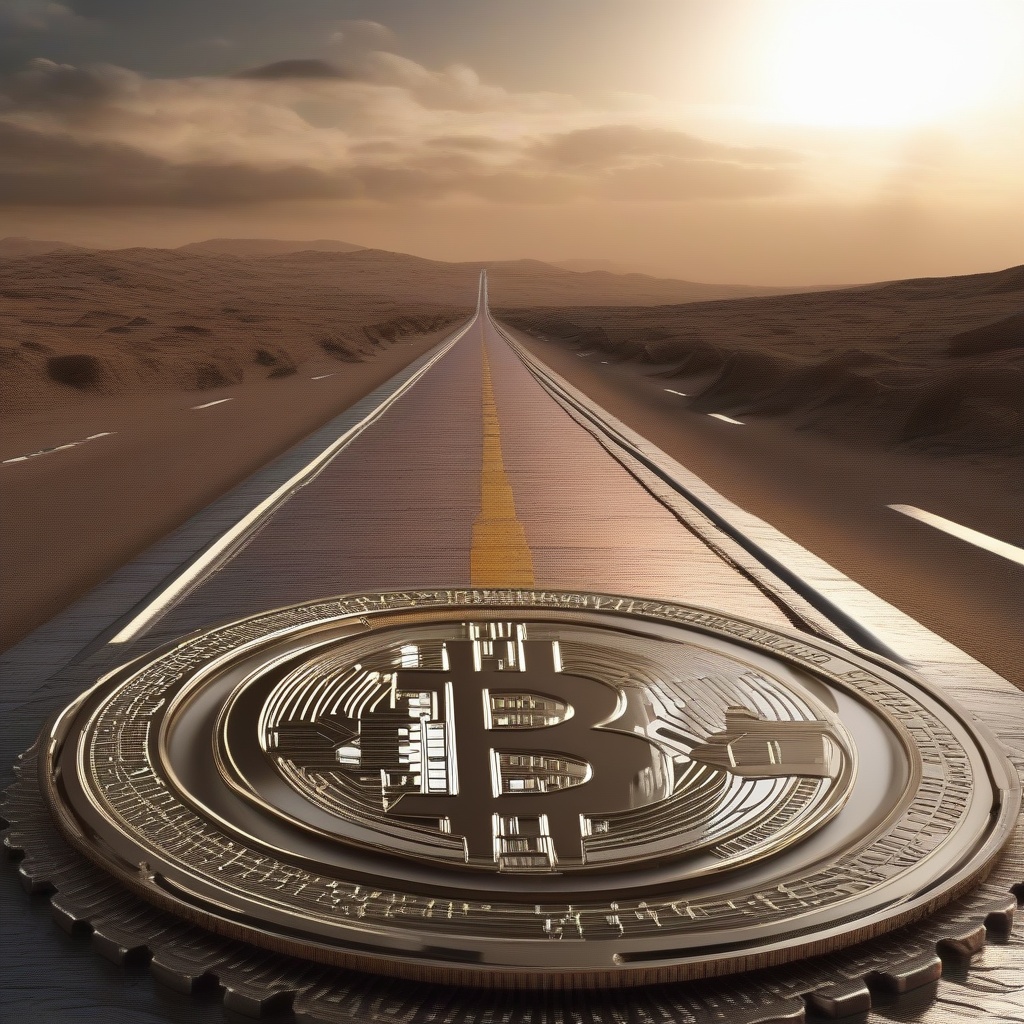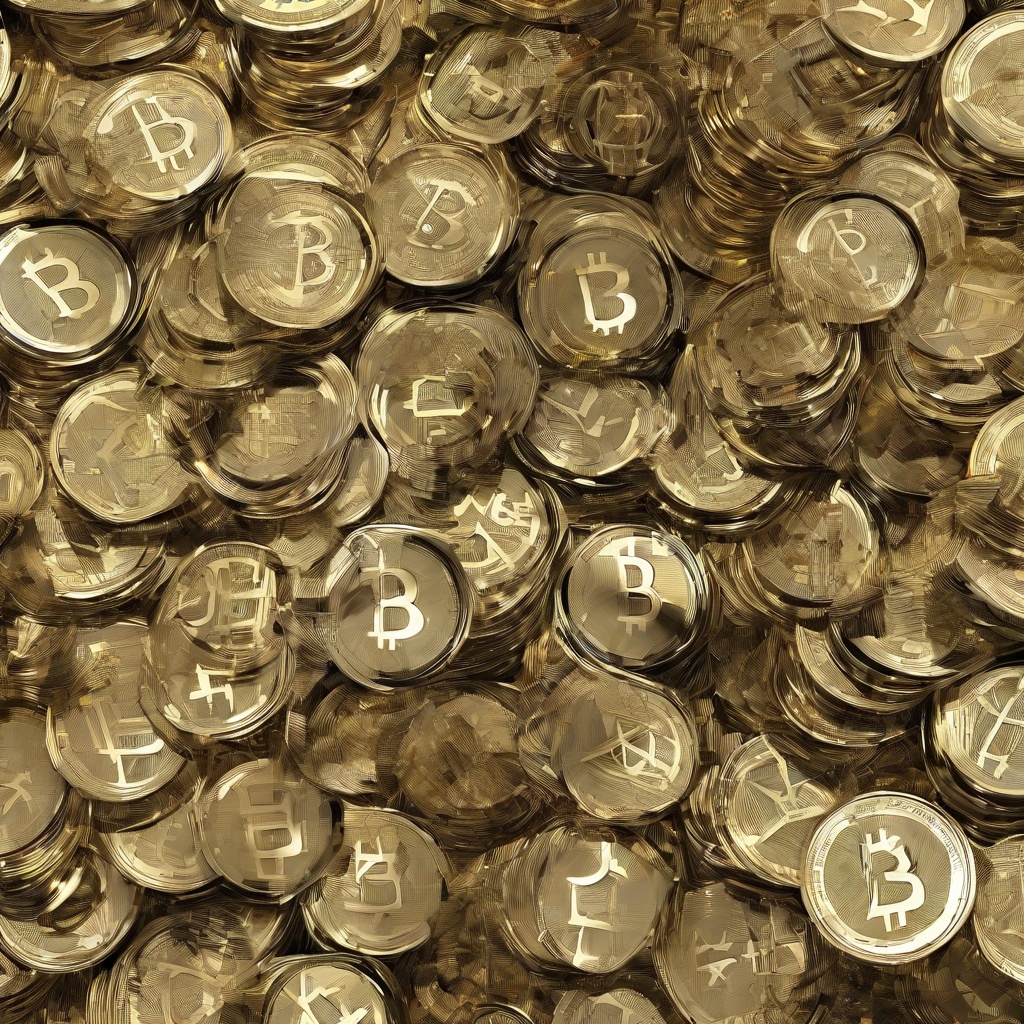Is bitcoin mining sustainable?
The question of whether Bitcoin mining is sustainable remains a complex and controversial topic. On one hand, the energy-intensive nature of mining has raised concerns about its environmental impact. The electricity consumption of mining operations has skyrocketed in recent years, often relying on fossil fuels for power, leading to significant carbon emissions. This has sparked debate over the environmental sustainability of bitcoin and cryptocurrencies in general. However, proponents of bitcoin mining argue that the technology offers potential solutions to environmental issues. They suggest that as renewable energy sources become more prevalent and affordable, mining operations could increasingly rely on clean energy. Additionally, the decentralized nature of bitcoin and blockchain technology could potentially enable more efficient energy usage and resource management. So, the question remains: is bitcoin mining sustainable? Can it evolve to become more environmentally friendly, or will its environmental costs continue to outweigh its benefits? This discussion requires a deep understanding of the technical aspects of mining, as well as the social and environmental impacts of the industry.

What is bitcoin macro index?
Could you elaborate on the concept of a Bitcoin Macro Index? I'm curious to understand how it differs from traditional financial indices and what factors it takes into account. Specifically, I'm wondering if it measures the overall performance of the Bitcoin market, or if it focuses on specific aspects like transaction volume, mining difficulty, or network hash rate. Additionally, I'm interested in how this index is calculated and what role it plays in investors' decision-making processes when considering investments in the cryptocurrency space. Thank you for clarifying this term for me.

Do cryptocurrencies crash?
In the realm of cryptocurrency and finance, a question that often arises is: "Do cryptocurrencies crash?" This inquiry underscores the volatile nature of digital currencies, which can experience significant fluctuations in value. Cryptocurrencies, such as Bitcoin and Ethereum, have been known to experience both skyrocketing gains and abrupt declines in their market capitalization. These fluctuations can be influenced by a wide range of factors, including market sentiment, regulatory changes, technological advancements, and even global economic conditions. Understanding these dynamics is crucial for investors and enthusiasts alike, as it can help them navigate the often unpredictable world of cryptocurrencies.

Is Pi coin a scam?
Ladies and gentlemen, in our discussion today, we delve into a topic that has been gaining significant attention in the cryptocurrency community. The question at the forefront is: Is Pi coin a scam? It's a query that many investors and enthusiasts alike have been pondering. Pi coin, touted as a novel digital currency that aims to revolutionize the way we think about cryptocurrency mining, has piqued the interest of many. However, with the proliferation of fraudulent schemes in the crypto space, it's only natural for one to be skeptical. So, let's delve deeper into this topic, explore the claims, examine the evidence, and ultimately try to answer this pertinent question: Is Pi coin a scam?

Is bitcoin a digital asset?
As a keen observer of the financial and cryptocurrency landscape, I'm curious to delve deeper into the nature of Bitcoin. Could you please elaborate on whether Bitcoin should be classified as a digital asset? I'm particularly interested in understanding its characteristics that set it apart from traditional assets, such as its decentralized nature, the role of blockchain technology, and its potential as a store of value and medium of exchange. Additionally, I'd appreciate insights into how Bitcoin fits into the broader landscape of digital assets and whether it's poised for further growth and adoption in the future.

